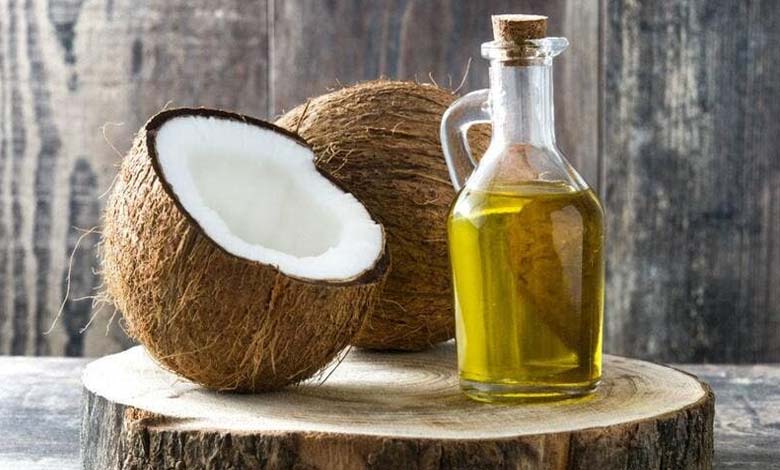Olive oil or coconut oil: which one is better for heart health?

For several years now, a heated debate has taken place within nutrition and health communities: olive oil versus coconut oil, which one is better for cardiovascular health? Both oils have their proponents and their celebrated virtues in various cultural and culinary contexts. However, it is crucial to untangle scientific facts in order to guide our dietary choices wisely, especially when it comes to preventing heart disease, the leading cause of death worldwide.
-
Study: Olive Oil Consumption Reduces Risk of Dementia
-
The All-in-One Health and Beauty Solution: Understanding the Benefits of Olive Oil
Olive oil, especially extra virgin olive oil, has been lauded for decades as a cornerstone of the Mediterranean diet. This dietary pattern, extensively studied, has demonstrated its protective role against atherosclerosis, myocardial infarction, and stroke. The key element in olive oil lies in its rich composition of monounsaturated fatty acids, particularly oleic acid, which favorably reduces low-density lipoprotein (LDL) cholesterol—the so-called “bad cholesterol”—while maintaining or slightly increasing high-density lipoprotein (HDL), the “good cholesterol.” Furthermore, extra virgin olive oil contains a wide array of natural antioxidants, such as polyphenols and vitamin E, which play a crucial role in reducing oxidative stress and chronic inflammation, two fundamental processes in the development of cardiovascular disease.
-
Here are the top 7 vegetable oils rich in phytosterols
-
Coconut Water or Coconut Milk — Which is Healthier for You?
In contrast, coconut oil draws attention for its unique composition, dominated by approximately 90% saturated fat—an unusual profile among vegetable oils. Traditionally, saturated fats have been associated with increased LDL cholesterol, a major factor in plaque formation and arterial stiffness. Yet, proponents of coconut oil argue that its medium-chain triglycerides (MCTs) confer rapid metabolism and a metabolic impact distinct from other saturated fats. Some even suggest coconut oil may promote weight loss or improve certain metabolic parameters. However, these claims lack validation from large-scale clinical trials, and data on its lipid profile effects are contradictory. Indeed, several studies indicate that while coconut oil may slightly raise HDL, it also significantly raises LDL levels, which is concerning for heart health.
-
Vitamin E deficiency: Here are 4 eye-opening signs!
-
Winter fruits and vegetables: our tips to boost their benefits
It is essential to remember that cardiovascular health does not depend on a single food or ingredient, but rather on a combination of factors, including overall diet, physical activity, stress levels, and medical history. That said, most nutrition experts agree that regular consumption of extra virgin olive oil, as part of a balanced diet rich in fruits, vegetables, whole grains, and fatty fish, is beneficial for the heart. International health authorities, such as the American Heart Association and the European Society of Cardiology, thus favor oils rich in unsaturated fatty acids and recommend limiting saturated fat intake, including coconut oil.
In summary, if you want to optimize heart health, extra virgin olive oil is the preferable choice as a primary fat source. Coconut oil, while it may be used for its unique flavor or in certain culinary preparations, should be consumed in moderation. Making an informed choice depends on understanding the biochemical impacts of different fats on lipid metabolism and their influence on cardiovascular risk.












